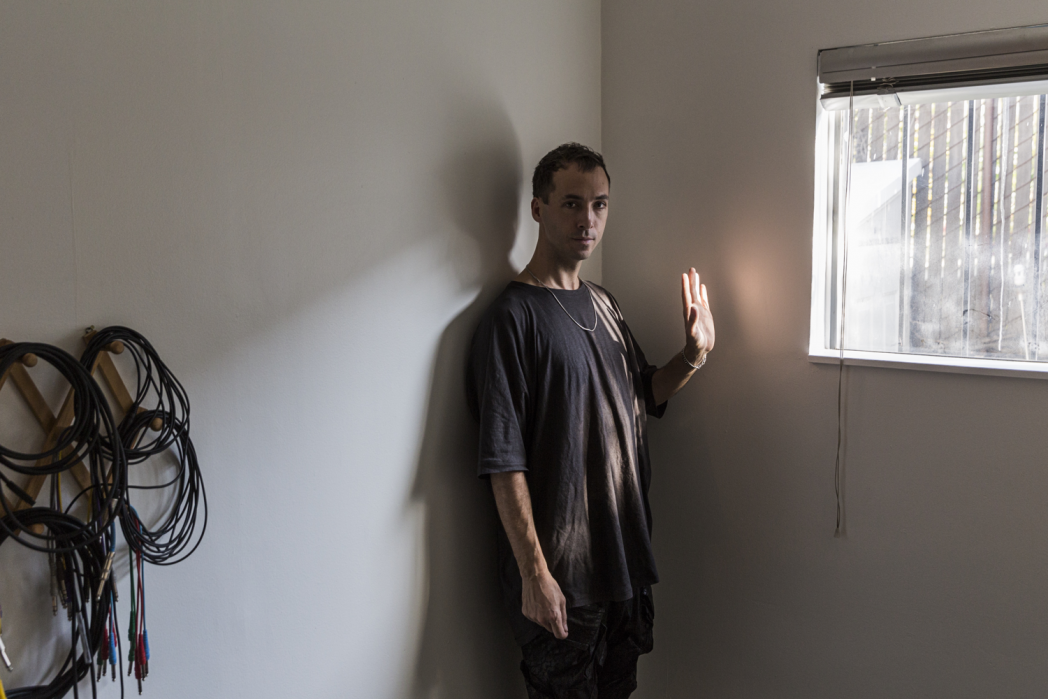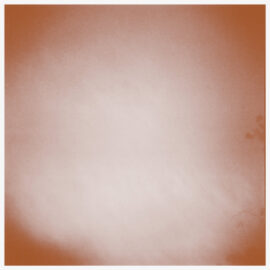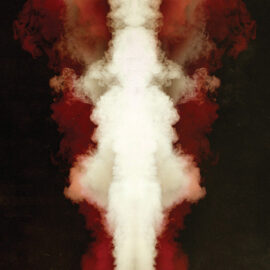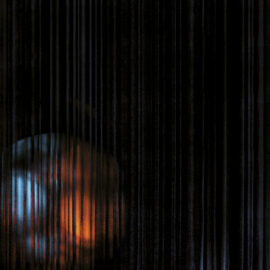“… a beacon of unease against the deluge of false positive corporate ambient currently in vogue…”
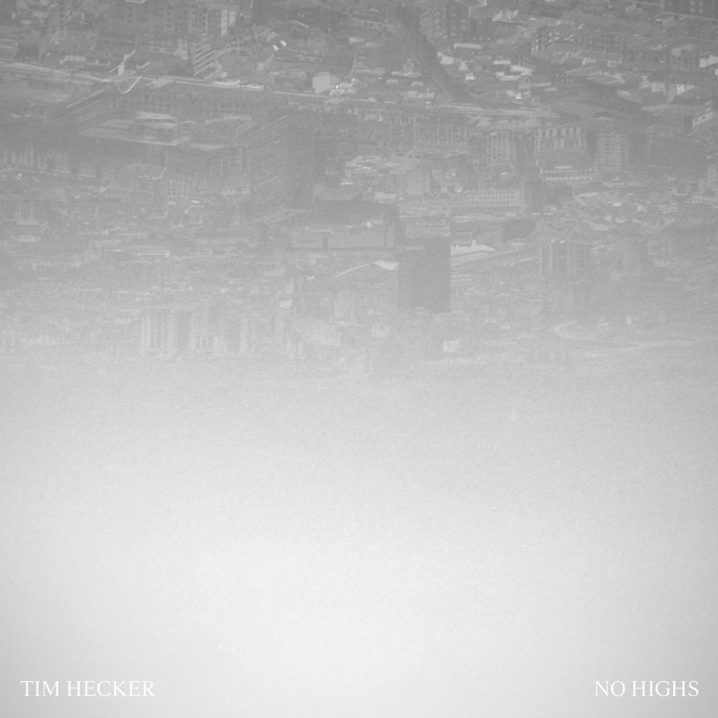
Release Notes
Label: Sunblind / Kranky
Released: April 7th, 2023
Mastered By: Heba Kadry
I think it’s been almost four years since I properly covered an album by Tim Hecker. In fact, my last detailed write-up was in June of 2019th, when this Canadian-born and LA-based musician released his follow-up album, Anoyo (2019), to the one he put out a year prior, Konoyo (2018), on his own Sunblind and Kranky imprints. The Japanese phrase “kono yo” refers to this world where we are living, while its contrasting phrase, “ano yo”, signifies the world beyond, outside of this existence, when your life concludes. It’s a haunting suite composed of the same recording sessions which Hecker captured while working with a gagaku ensemble in the Jiunzan Mandala-Temple Kanzouin on the outskirts of Tokyo. A little different [not so much] from Hecker’s staple repertoire and still deserving your attention. Then, the 2021 release on Lakeshore and Invada, titled The North Water, was a film score to the same-titled series based on a novel by Ian McGuire starring Colin Farrell and Jack O’Connell. There have been other film works along the way that weren’t put out as proper soundtracks (“Luzifer”, “Pan”, “La Tour”), but it wasn’t until his score for Brandon Cronenberg‘s Infinity Pool, picked up by the consistently excellent Milan label, was released earlier this year. Okay, so we’ve caught up now to No Highs, the first proper studio album since the above-mentioned Anoyo, again on Sunblind and Kranky, where it certainly belongs.
And from the very first [plucked/pulse?] note of the “Monotony” on No Highs, we’re back in that familiar and gorgeous Hecker territory once again. That’s not to say that the film scores do not carry his DNA throughout, but you know how film scores are. The movement, dynamics, and tension have to be synced to visuals appearing on the screen. Whereas all open spaciousness and freedom are audibly apparent on these tracks, where Hecker paints his own apocalyptic story, that of the rise and fall of ambience as a commodity and a commercial tool. It’s a rebellion, a eulogy, a demolition of beloved, reflecting on the state of the euphoric genre we’ve consumed as if a drug, serving as “a beacon of unease against the deluge of false positive corporate ambient currently in vogue.” Here, washes of synth-based and organic instrumentation (including an appearance by Colin Stetson on the modal sax, among the many other players – see extensive credits) all appear to cry out in anguish among the gathering storm of strings, noise, and low-end looms.
Throughout, the pieces both accrue and avoid drama, more attuned to undertow than a crescendo. Hecker mentions “negation” as a muse of sorts – the sense of tumult without bombast, tethered ecstasies, an escape from escapism. His is an antagonism both brusque and beguiling, devoid of resolution, beckoning the listener ever deeper into its greyscale alchemies of magisterial disquiet.
A 2xLP vinyl pressing is available directly from Bandcamp, featuring a photograph on the cover of misty cities falling from the skies (I guess you’ll end up rotating the album yourself to see the image right side up). This is a fantastic release [with a return to the studio album format] and one that I cannot recommend enough. For more, check out this New York Times article (if you can punch through the paywall), where Hecker contemplates the function of the current genre: “Is it to serve as a background for a WeWork, efficiency world, for someone who just wants to code? Or is it for driving down a foggy road at night, wanting that experience amplified?” Perhaps it’s neither, or it’s both. For me, it’s to connect with all that is behind the embodiment known as Tim Hecker.
